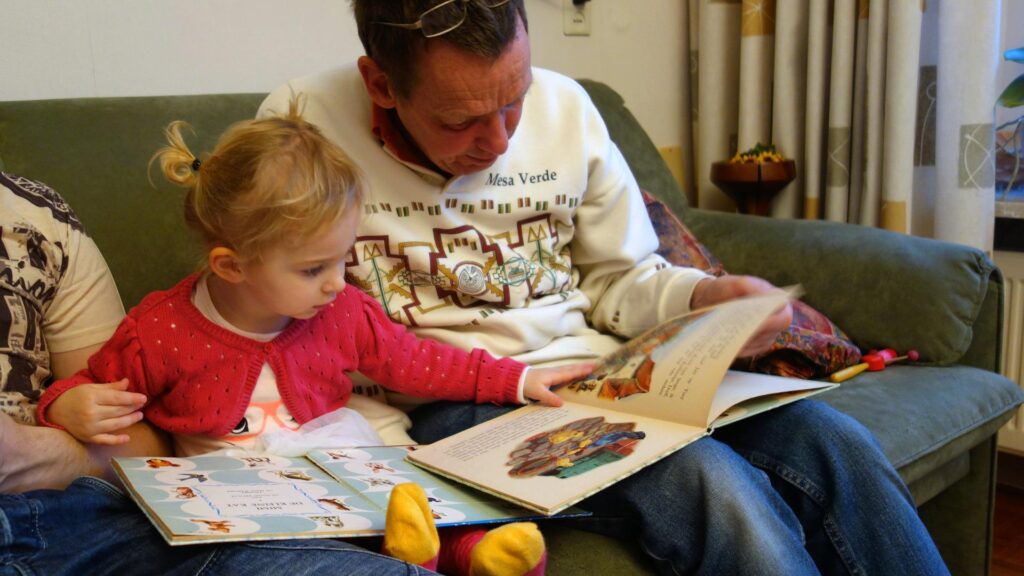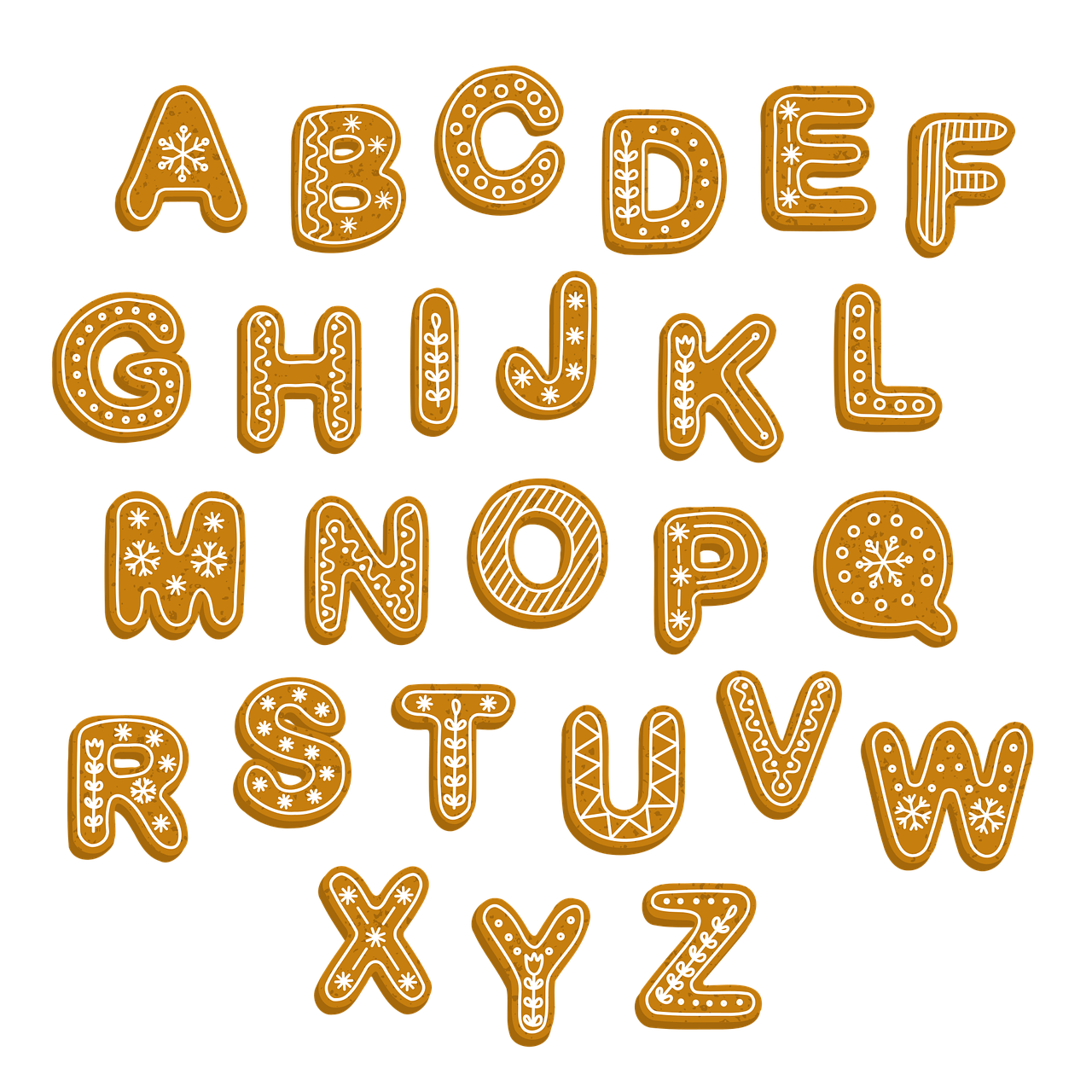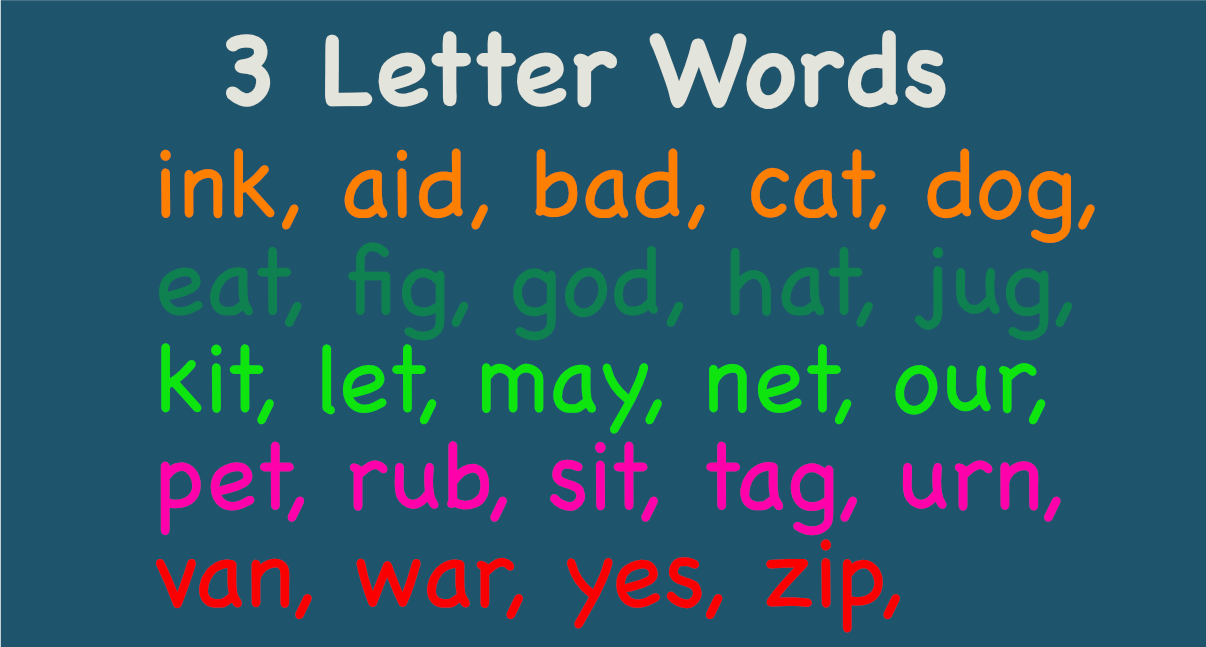
Child development language milestones include language and speech development.
Contents
Tracking The Key Language Milestones
Tracking language growth, and identifying speech and language delays is an important part of parenting especially in as far as monitoring child development milestones is concerned.
It is important to note that the stages of development of theoretical however they are useful in giving a general guide on the trajectory of the a child’s growth.
In addition, these stages are considered important for identifying speech and language problems, and are an essential part of the child’s health care plan.
Stages Of Language Development
Language is one of the earliest milestones of child development. These milestones are often referred to as “stages”, which are based on theories. Nativist theories assert that certain stages are necessary for child development. However, nativist theories are not definitive, as children can develop language at different rates.
At this stage, children are able to recognize the majority of common objects and have some basic understanding of more complex sentences.
They are also able to produce words with individual sounds and use the corresponding intonation. Their vocabulary is now about a dozen or so words, and they begin to understand how words fit into sentences.
Children reach the “holophrastic” stage between nine and 18 months of age. This is the time when they can say up to 50 different words and use word stems. Between 18 and 24 months, they start to produce two-word sentences. At 24 to 30 months, they can have a conversation with an adult.
These stages are important because they are an indicator of how a child is progressing. If your child is not reaching these milestones at the right time, you may need to seek help from a pediatrician. Early intervention can help a child develop the language skills they need without getting too far behind.
Early language development is crucial to your child’s cognitive, social, and emotional development. It starts with learning sounds and gestures and then progresses to words and sentences. Parents can encourage language development by reading and talking to their children.
They can also consult with a child health professional if they are concerned about their child’s language development. Learning to speak and understand language is the foundation for literacy and learning to read.
Language milestones for children can be difficult to assess. The age ranges are meant as a guide, and your child may progress faster or slower than these averages. Nonetheless, it’s a good idea to seek advice from a speech therapist.
Identifying Speech And Language Problems
Speech and language problems are common in kids and can affect a child’s ability to learn and function in daily life.
They are caused by differences in the way the brain processes sounds, and can make communication difficult or impossible. Children may have one or more problems, but early intervention will help them learn and thrive.
There are several signs that a child may be having problems with their speech and language. These include delays in talking, swallowing, and language development.
The signs of speech and language problems in children are described below. If you notice any of these symptoms, it’s important to seek medical attention immediately.
In some cases, speech and language problems may be symptoms of a serious condition, such as intellectual disability or deafness. As a parent, it is important to discuss your concerns with a health professional to get your child diagnosed. If your child is struggling to communicate, you may want to seek medical treatment or refer your child to a speech therapist.
Early identification of speech and language problems is important, because children learn language before they learn to speak. If you have concerns about your child’s speech or language skills, talk to your pediatrician and get a referral to a speech-language pathologist. In addition to speech therapy, your child might need to undergo hearing tests as well.
Some signs of speech and language problems include articulation disorders, tongue-tie, and dysarthria. Speech and language development is an important developmental milestone, and healthcare providers will track your child’s progress against timelines to determine if he or she needs additional help.
Tracking Language Growth
Tracking language growth milestones in child development is an important part of early childhood education. Parents can help their children achieve the necessary milestones by using an app or tracking chart.
An app can also help parents identify when a child has missed a milestone and guide them on what to do in these situations. The CDC has developed a series of resources to help parents understand these milestones and provide helpful information.
The Parent Profile is an excellent tool for tracking your child’s language development. Discussing language milestones with your child’s preschool or Early Start teacher is a great way to stay on track and stay engaged with your child’s language growth.
You can also check off milestones on the inside of a pamphlet to document your child’s progress. Following these milestones will help your child develop language skills that will make him or her ready for kindergarten.
The goal of language development is to help children learn to speak, understand, and interact with others. This is accomplished through learning to recognize emotions and to express them in facial expressions and through speech. It also involves nonverbal and verbal communication.
At three years old, children should be able to understand and respond to language and phrases and should have several thousand words. They should be able to understand basic nursery rhymes and carry on simple conversations with adults.
While many parents are tempted to compare their child’s progress to other children, it’s important to remember that children develop at their own rate.
Some children develop quickly and begin speaking before others, while others take longer. There’s no single standard for what children should achieve, and late development is not an indication of future talent or intelligence.
Parents should be excited about their child’s language development. If they have noticed any delays, seek professional help right away.
Signs Of Delays
A delayed language development may indicate a variety of issues, including an infection or brain injury. For example, a child with encephalitis (swelling of the brain) will have delayed development. Seizures and shaken baby syndrome are other possible causes.
Certain chromosomal disorders can also lead to a delay in cognitive development, including Down syndrome. There is no single cause, but early intervention can help to address a child’s delays.
Language delay is fairly common during the early years of childhood. Research has shown that one in six children display some signs of delay during this time. These children are usually referred to as ‘late talkers’. Most catch up by the time they’re four years old. However, some children have significant language delays even at the age of five. If your child has any of these problems, you should consult a doctor or pediatrician.
In some cases, a language delay can also be a sign of a more serious problem. A child with a language delay could have a variety of other developmental problems, including hearing loss and autism spectrum disorder.
Delays in language development may not be diagnosed until the child begins school, so it is important to have your child evaluated by a doctor or other healthcare provider. It is also helpful to interact with your child to understand his or her development.
There are many signs of child development delays, and they can be detected as early as possible. Early intervention can help a child overcome any delays and improve their quality of life.
By identifying and treating delays early, parents can ensure their child’s success in the long run. Even the smallest delay can be prevented or addressed before they become serious.
Developmental delays can also affect a child’s social interactions and interpretation of other people’s emotions. Children with socioemotional delays may have difficulties initiating conversations, understanding social cues, and coping with changes, frustration, and social situations. For example, a child may be frightened by a new person or appear indifferent to those around him or her.
How To Improve Your Child’s Language Development
Language skills are important for children because they allow them to communicate with others in their community.
Start Early
If you want your child to learn another language, start by exposing him or her to the language as soon as possible. You should also expose your child to other cultures through books, movies, music, and travel.
Exposure to multiple languages helps children develop cognitive skills such as memory, attention, problem solving, and critical thinking. It also improves social skills and vocabulary development.
Focus on Vocabulary Acquisition
If you want to improve your child’s language development, focus on vocabulary acquisition. This means learning new words through play and reading with them. You can also use flashcards to help your child learn new words.
Be Patient
Language development is a process and not an event. As a parent you will need to be patient as you child climbs up each phase of the milestone.
Don’t Forget About Phonetics
It’s not enough to just learn vocabulary. As you child grows he or she needs to understand how words sound. This will help the child develop good pronunciation skills and improve listening comprehension.
All the best in your parenting journey.



